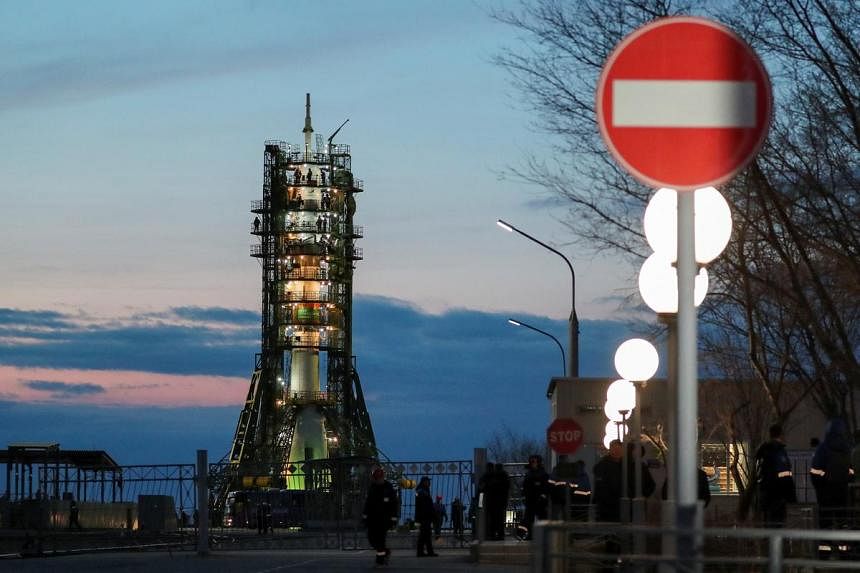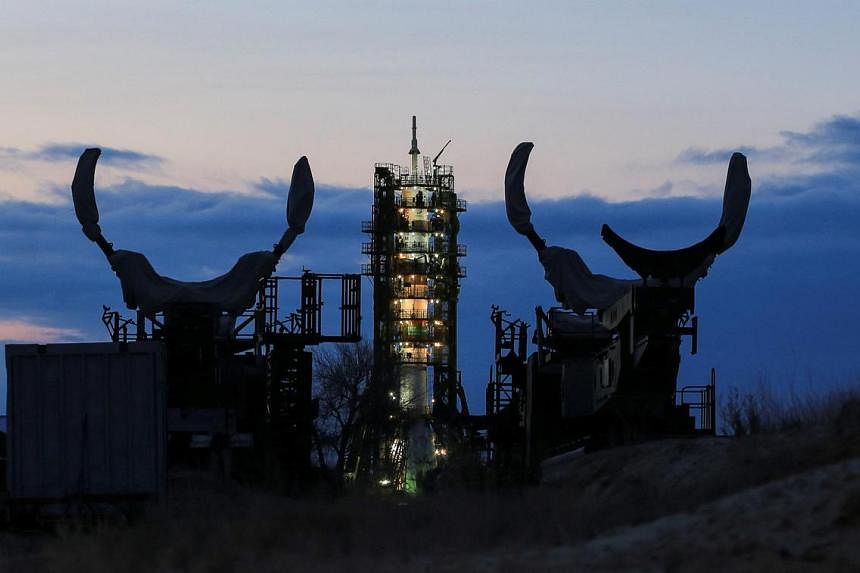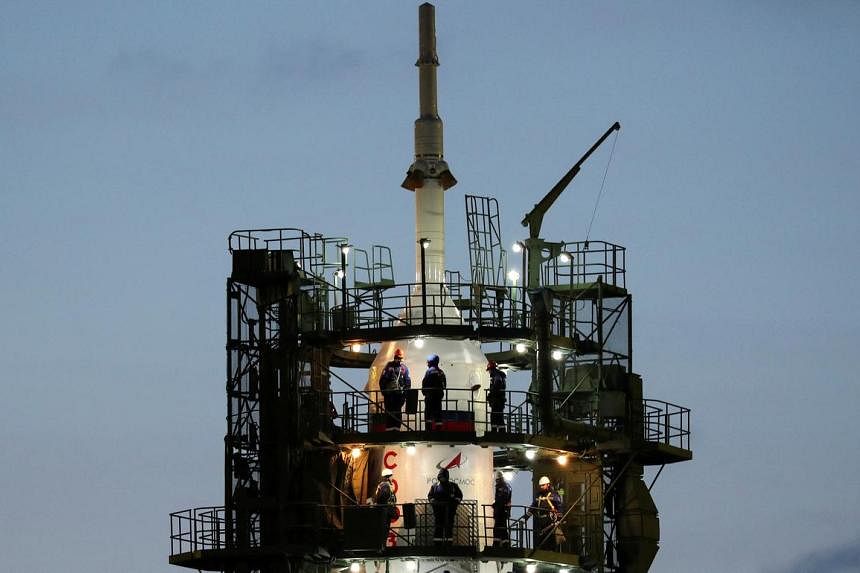MOSCOW/WASHINGTON - The launch of a Russian Soyuz spacecraft was aborted just seconds before scheduled lift-off to the International Space Station (ISS) on Thursday and the crew of a Russian, a Belarusian and an American were safety evacuated.
"Launch!" mission control said in Russian as the rocket was shown at its launch site at the Baikonur cosmodrome in the steppe of Kazakhstan with its a main umbilical shown moving away.
Then the words "automatic cancellation of the launch" came over the live stream just 20 seconds before the scheduled launch.
Roscosmos, the Russian space agency, said there had been a slump in the current of a chemical power source about 20 seconds before lift-off. It was not immediately clear what exactly the current fluctuation affected.
Aborting the launch at such late notice is rare - with the rocket on the launch pad with its crew bracing for take-off.
Roscosmos said the launch would take place on March 23 at 1236 GMT, and space chief Yuri Borisov played down the drama.
"Colleagues, space is like this and the situation is quite understandable," he said.
NASA TV said the second umbilical support retracted but without the initiation of the engine.
Those presenting the live stream for Roscosmos, the Russian space agency, said: "Unfortunately friends, a command has been sounded to cancel the launch."
The launch had been scheduled to take place at 1321 GMT and dock with the ISS a few hours later.
The crew, including NASA astronaut Tracy Dyson, Russian cosmonaut Oleg Novitsky and Marina Vasilevskaya of Belarus, were shown in the rocket just before the cancellation.
Novitsky and Vasilevskaya had been due to stay just 12 days on the ISS and to give a ride home to American Loral O’Hara on April 2, according to NASA.
Dyson was due to spend six months aboard the ISS doing experiments on technology that would help humans prepare for future space missions, NASA said. (This story has been corrected to change the time to 1236 GMT in paragraph 6) REUTERS





